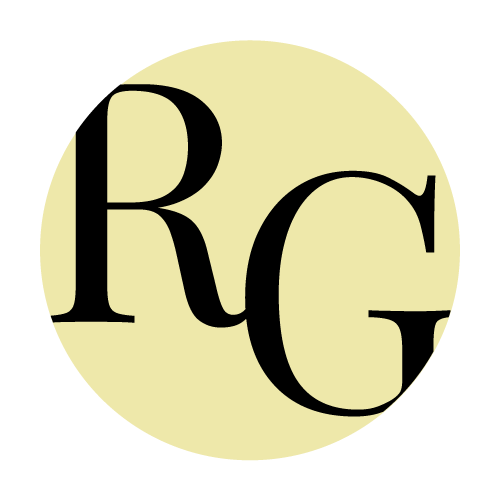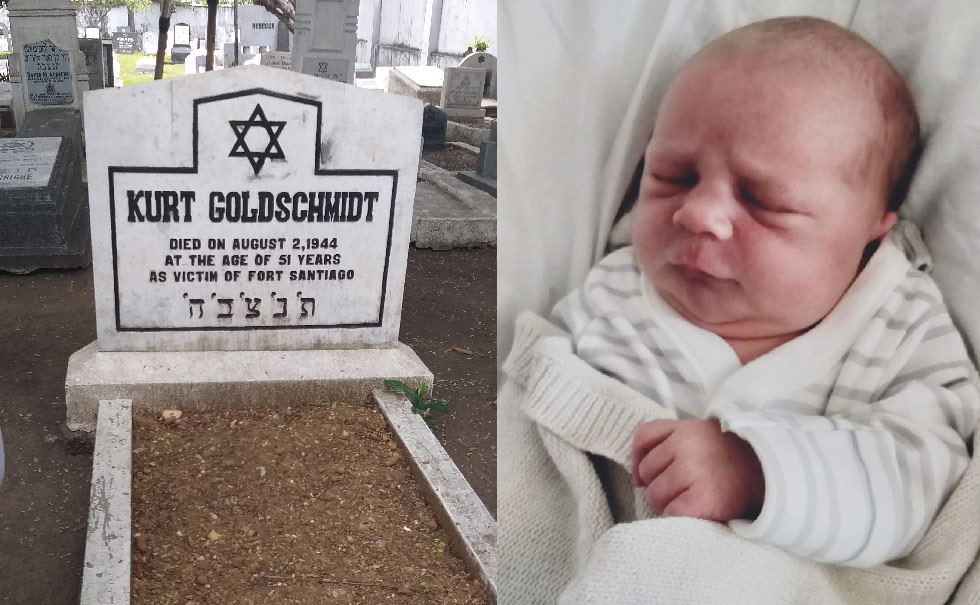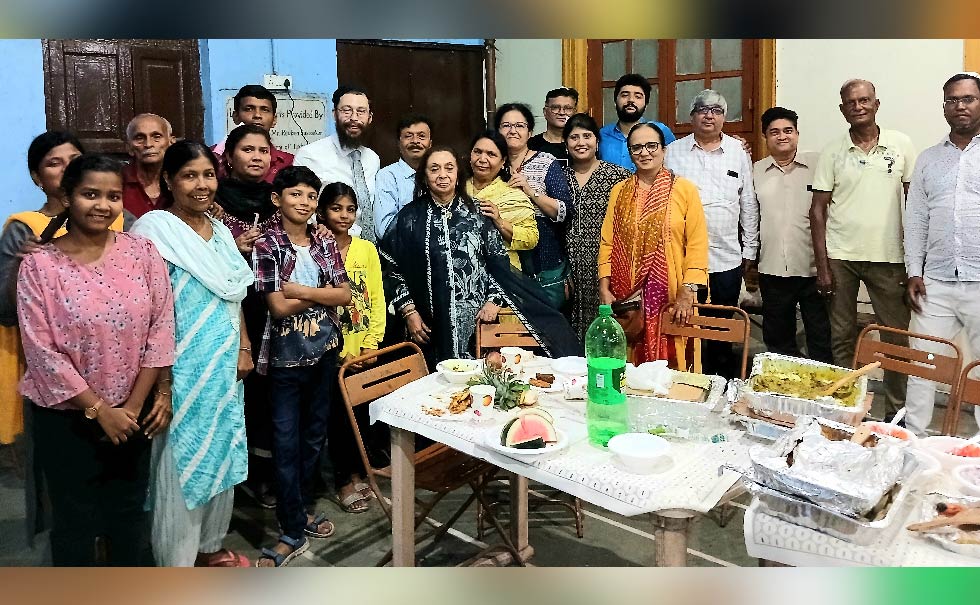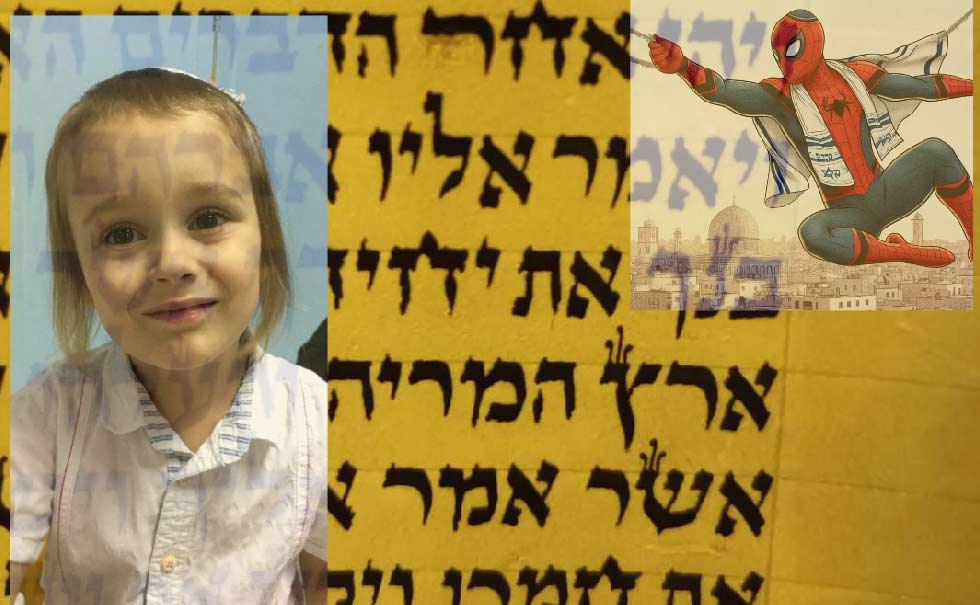Between Life and Death
In my writings I have often tried to focus on the logical application of our Torah to current events and
modern issues. However, on occasion events transpire that force us to question our paradigm – even
if that paradigm, is one generally inclined towards rationalism, it is possible to come to another other
conclusion of a mystical/spiritualist existence that is less rational.
We landed on the 16 th of May in the Philippines after an intense 15-hour journey from the UK with a heavily pregnant wife, 3 small children and a brief transfer in Abu Dhabi. We arrived jetlagged,
hungry and utterly exhausted.
The fatigue was intense. I was suddenly in a new country I had never visited and interacting with a
new community whom I had never met. Despite this, I ran my first prayer service at the Jewish
Association of the Philippines and prepared myself to perform a funeral for an individual I had never
met.
I rode to the cemetery with some members of the board of the Synagogue and other members who
had joined to make the necessary Minyan of ten men required for these prayers. As we passed
through Manila I took in the stark contrast of wealth and poverty that exist simultaneously in the
Philippines and fought through the jetlag as I answered Halachic (legal) and Hashgophic (general or
non-legal) questions as well as meeting and greeting people for the first time.
As we drove through the Manila traffic towards the Jewish cemetery one congregant began to share
with me that the northern cemetery of Manila is home to some 6 000 people (approximately 800
families) who live amongst the graves in a developed community that has existed from the late
1950’s – to see examples of this in person was moving and powerful and I was immediately humbled
and profoundly moved by what I saw.
Suddenly, as we walked through the winding cemetery with its different sections, my phone with its
new sim card began to ring. It was my father calling which at 10.30 in the morning Philippines time
could only be extremely early morning or late night in the UK (depending on perspective!).
He sounded as tired as I was.
My father told me that my uncle Kurt had been moved back to hospital and that his health was
failing due to leukaemia and complications caused by diabetes. More recently he had several falls
and needed medical assistance. It was with a deep sense of guilt that I explained to my father that I
was not able to speak, and we scheduled a time to catch up later in the day.
My uncle Kurt had always been a small but powerful hero in my life. I remember with fond
memories my uncle Kurt picking me up from school in his London black cab, his infectious roaring
laugh and seemingly encyclopaedic knowledge of jokes, puns and funny stories he would share to
amuse me.
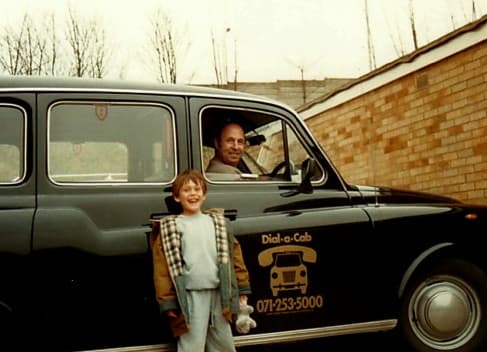
Kurt was an avid follower of all kinds of sport and his main interest was cycling. He had competed
professionally and as a contestant in the Maccabee Games:

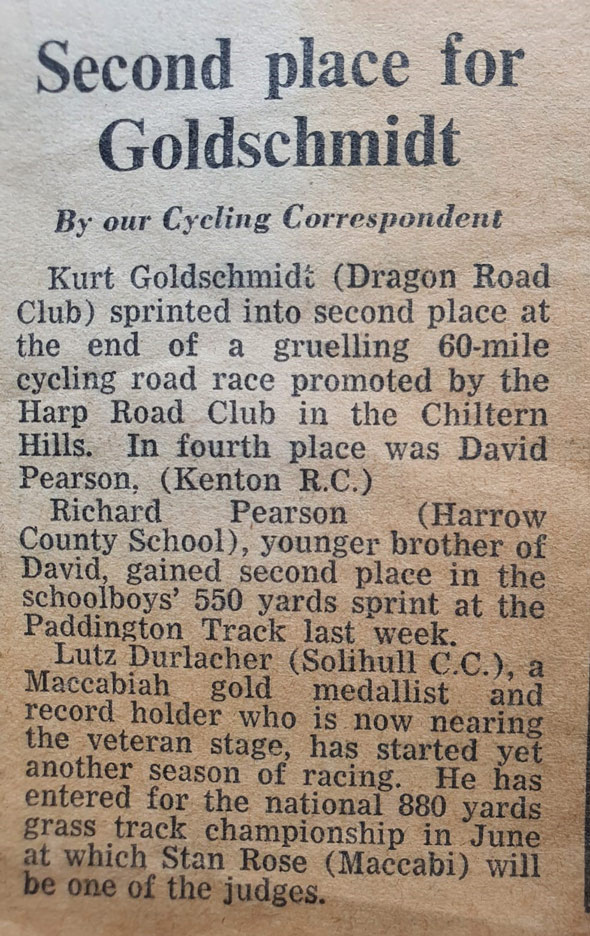
I remember that simultaneously he was a deeply private person and his jolly and jovial attitude
starkly contrasted against his past as some of the youngest passengers on the kinder-transport:
along with his identical twin brother he had been smuggled out from Austria/Czechoslovakia during
the Holocaust, placed into social care in England and then reunited with their father, my
grandfather, after he had arrived in England some years later – these were all details that my father
and I had discussed many times. Kurt and Bert had been blessed and saved from the destruction that
stormed through Europe sparing so few and losing so many, including the lives of their mother,
brother and maternal grandmother.

The temperature in the cemetery was a humid 31oC that, having been at 9oC only yesterday in
London seemed as intense as an oven. We walked through the graves and met those who called it
home, moving the coffin together as a community.
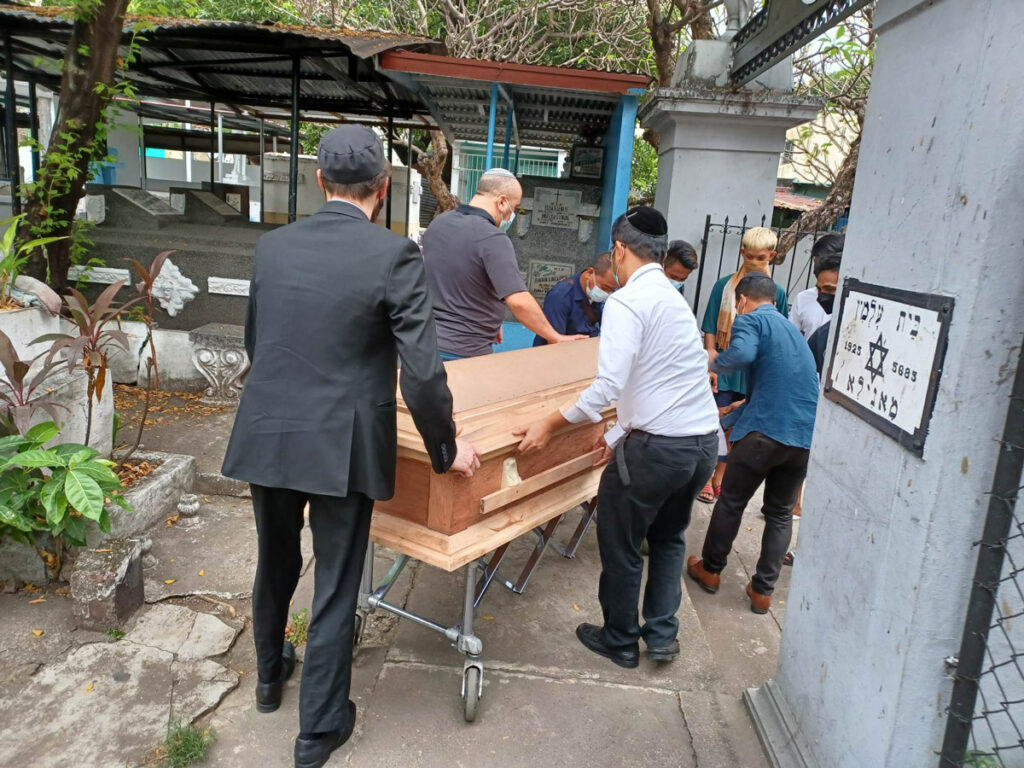
I knew virtually nothing about the deceased and so I quickly introduced myself to his family and
partner and heard a little about the man, his work and interests. Quickly I prepared something to say
and looked up the relevant prayers from the Siddur. Following this we laid him to rest, assisted by
those who live there amongst the graves in the main cemetery.
As we concluded the service, a member of the board turned to me and in a very friendly manner
said, “Rabbi, did you know that there is a grave here with the name Goldschmidt?!”
In a strange dreamlike way, we collectively followed him through the winding paths and past the fragrant frangipani trees down towards the back of the plot. As we reached the grave a chill ran through me,
and I totally forgot the sweltering heat.
There before me was the grave of Kurt Goldschmidt.

Eventually, they explained that there was little information on the older graves and that many of
these older graves did not have accessible records.
My wife and I debated telling my father the story and I waited until we spoke after Shabbat to tell
him the tale and await his reaction. I was unsure how exactly to share it with him, the seriousness of
Kurt’s health decline made me reconsider – perhaps this was insensitive given the gravity of the
Situation:
“Dad, can I show you something?” – I then proceeded to send him the photo of the grave via
WhatsApp and await his response. After what seemed like an eternal silence he told me that Kurt
had bounced back slightly following his hospitalisation and agreed with me that it was extremely
peculiar that after we had spoken I had chanced upon a grave with his name.
After we returned from the Philippines we began preparing for the arrival of our new baby; aside
from some travel for work and other errands I found myself distracted and unable to really focus on
writing and learning. We set about moving ourselves to Somerset, where we had birthed previously
in the calm space of my mother’s house in the village of Porlock. Both my wife and I feel strongly
about home-birthing and natural medicine, since our marriage I have helped delivered all of our
children including 2 of them without assistance. As we packed to leave my father and I visited Kurt
who was now in living and being cared for at the new Jewish Care facility.
It was difficult to see him looking so weak and vulnerable, I had always thought of him as larger than
life and with an almost impossible to break spirit. I saw immediately that he was getting truly the
best care and that gave me a great deal of solace and comfort. I explained to him that we were
preparing for the imminent birth and fed him some fruits and chatted a little. Although weakened
and occasionally drifting in and out of consciousness, he managed to crack a few jokes and interact
and understand everything I said to him. The next day we jumped on the train and made our way
down from London to the picturesque coastal area of Somerset, a place where I had spent a great
deal of my own childhood.
As Kurt’s condition became more and more terminal and we moved closer and closer to the birth,
there was some strange synchronicity: as he was hospitalised again, we immediately began the
Braxton Hicks contractions. From my perspective I was experiencing life and death simultaneously
and vicariously; neither of these experiences was happening directly to me, my uncle was miles away
and my wife waited expectantly as her body prepared for the birth. Neither was in my control or
even within my ability to experience.
The month of May began its first day with the passing of my uncle Kurt and we ended the month
with the birth of Ilan Neriah on the 27 th – during this time I reflected deeply on life and death;
the shadow of the Holocaust contrasted against the promise of new life. My hopes and fears seemed
magnified by the Covid and financial situation and between these two experiences we finished with
the Paradesi Synagogue in India and signed our new contract with the Jewish Association of the
Philippines. Life, it seemed, had not come full circle but rather had shifted and moved into a new
space.

It is rare that life and death occur so close and against the backdrop of change; both require stability
and peace for them to occur in a gentle transition. Despite this, I feel that the passing of Kurt and the
coming of Ilan were both peaceful and immensely profound experiences at different ends of
a encompassing spectrum – life itself cannot exist without either and our hopes and fears of life and
death is equally natural and inescapably human.
Rabbi Jonathan Goldschmidt 2022 ©
